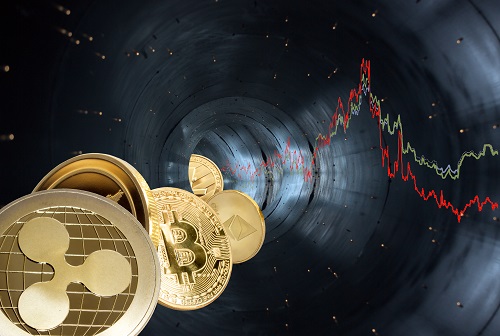
- An average of 70% transaction volume on unregulated exchanges are in wash trades.
- The statistic is part of a report recently released by the National Bureau of Economic Research (NBER).
- Incentives for exchanges include rankings and short term price movements.
A new study on the use of crypto exchanges suggests that nearly three quarters of the transactions relate to wash trading activities.
The National Bureau of Economic Research (NBER) says in its research paper “Crypto Wash Trading” that a bigger percentage of trading volume on unregulated exchanges was down to fake trading – transactions meant to mislead.
About 70% of trading volume on unregulated exchanges is fake
The study focused on both tier 1 and tier 2 exchanges, with the former platforms ranked within the top 700 as indicated on data tracking site SimilarWeb.com.
The researchers also focused on four of the most popular and heavily traded cryptocurrencies – Bitcoin (BTC), Ethereum (ETH), Litecoin (LTC), and Ripple (XRP).
According to the findings, crypto exchanges with a longer market presence and global user bases were less likely to engage in wash trading. However, less prominent exchanges seem to attract most of the fake volume behaviour, with statistics showing that an average of 70% of volume on unregulated exchanges was tied to wash trading.
On some tier 1 exchanges, wash trades account for up to 53.4% of reported volume. But the percentage is much higher for unregulated tier 2 platforms, where crypto wash trades can account for more than 81.7% of volume. The average wash trading for all unregulated exchanges is an estimated 77.5%, the study found.
On who’s likely to engage in the illegal practice, the researchers wrote:
“Wash trading is highly likely to be conducted using automated programs or bots, considering the efficiency and quantity of trade orders required. Strong evidence suggests that most wash trading is done by bots, which can be easily added to the trading structure scripted by simple Python programs.”
For exchanges, short-term incentives inform decisions to allow wash trading, including the fact that trading volumes impact exchange rankings by up to 46 positions. Unregulated exchanges (most probably) keen to move up the rankings would opt for this, while the impact of volume on prices is also another factor.

